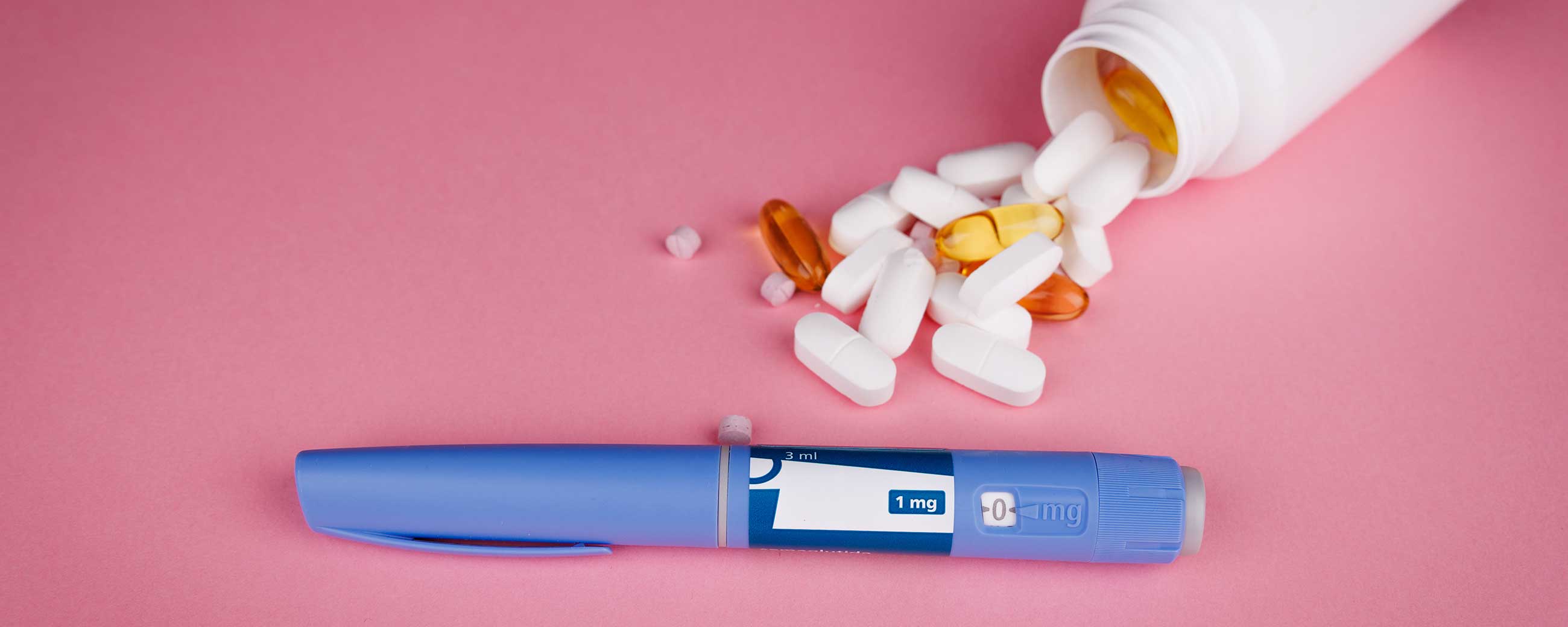
Can You Give Blood or Plasma If You Have Diabetes?

If your diabetes is well managed, you may be able to donate blood safely.
Reviewed by Virta Medical Affairs
Donating blood can be a wonderful way to give back and support others in your community — you can even save up to three lives per donation! But if you have diabetes, you may wonder, can people with diabetes donate blood or plasma?
First, let’s talk about the difference between donating blood and plasma. When you donate blood, your blood goes directly into a collection bag. Whole blood is most often used during surgeries and to treat trauma patients.
When you donate plasma, blood is drawn through a machine that separates the liquid part of your blood from the cells. Then, the red blood cells, platelets and a saline solution are returned to you through your arm. Donated plasma is used to stop or to prevent bleeding in high-risk people, and increase blood volume in trauma and emergency situations.
Why can’t people with diabetes donate blood? (They Can!)
Many people with diabetes are unsure if they’re eligible to donate blood, which makes sense because diabetes is a condition that affects your blood. The good news is you can give blood and plasma if you have diabetes as long as you’re in good health and your diabetes is under control. If you’re unsure, ask your primary care provider or endocrinologist if it’s OK for you to donate.
Donation is generally safe for people with type 1 or type 2 diabetes, as long as your diabetes is well-managed and you’re healthy overall. It’s also safe to donate blood if you take insulin or oral medications to manage your diabetes as long as these drugs were prescribed to you by a medical professional. Just be sure to mention that you have diabetes when you arrive for your blood donation appointment.
You must also meet the following eligibility requirements to give blood and plasma:
- Feel well and be in good health.
- Weigh at least 110 pounds.
- Be at least 17 years old (in most states).
- Haven’t donated blood in the last 56 days.
How does donating blood affect your diabetes?
If you’ve recently given blood and have a medical appointment, it’s a good idea to let your provider know you’ve recently donated blood. It’s possible for blood donation to (temporarily) lead to falsely lowered HbA1c levels, likely because of a change in your blood volume and faster red blood cell turnover.
In people with type 1 diabetes, donating blood may temporarily raise blood glucose levels for three to five days afterward. While this isn’t the case for every person with diabetes, it’s something to be aware of and mention to your provider if you have an appointment.
To ensure your blood donation process goes smoothly, remember these tips:
- Consistently monitor your blood glucose levels in the days leading up to your donation appointment. You’ll want your blood sugar to be within the range recommended by your health care provider because blood with very high glucose levels doesn’t store well.
- Eat a healthy diet that helps stabilize your blood sugar.
- Drink plenty of fluids.
Can you donate blood on Ozempic?
Is it safe to donate blood if you’re on a GLP-1 drug like Ozempic, Mounjaro or Zepbound? Generally speaking, it’s OK to give blood, plasma or other blood products if you take a GLP-1 medication. However, if you take a GLP-1 medication for type 2 diabetes and your diabetes isn’t under control, you may not be eligible to be a blood or plasma donor.
If your diabetes is well-controlled, either through lifestyle changes like diet and exercise, an injectable medication, or an oral drug, you are most likely a candidate to give blood, plasma or other blood products.
GLP-1s and Oral Diabetes Medications Generally considered safe
Currently, the American Red Cross doesn’t list any diabetes medications or GLP-1 drugs as disqualifying factors for blood donation. If you’d like to donate blood or plasma, it’s generally safe to do so if you take one of the following medications:
- Ozempic
- Mounjaro
- Zepbound
- Rybelsus
- Jardiance
- Trulicity
- Contrave
- Qsymia
- Orlistat
- Metformin
What else would prevent me from donating?
Sometimes, certain health or lifestyle factors can temporarily prevent you from donating blood or plasma. You might need to wait to donate if you:
- Have uncontrolled diabetes.
- Have side effects from a GLP-1 medication, such as dizziness, vomiting, nausea or diarrhea.
- Are pregnant.
- Have cold, flu or COVID-19 symptoms.
- Have had a blood transfusion or organ transplant within the last three months.
- Have an active infection or fever.
- Are currently taking antibiotics.
- Have recently been vaccinated (check with your blood donation center as waiting periods after vaccinations vary).
- Take blood thinners or certain prescription medications.
- Have recently traveled outside of the United States or Canada, particularly to an area where malaria is found.
- Have recently had heart problems.
- Have recently been diagnosed with a sexually transmitted disease (STD).
- Have been diagnosed with a Zika virus infection. In this case, you must wait at least 120 days after your symptoms have cleared.
- Weigh less than 110 pounds.
- Have a hemoglobin level less than 12.5g/dL (females) or 13.0g/dL (males).
You may be permanently ineligible to donate blood or blood products if you:
- Have ever had Ebola virus.
- Have leukemia, lymphoma, hepatitis B or C, Hidradenitis suppurativa, HIV or AIDS.
You may be eligible to donate after a waiting period, depending on when your illness occurred or when you stopped taking a particular medication. Contact your local blood bank if you have any questions about your eligibility.
The Takeaway
It's generally safe for people with type 1 and type 2 diabetes to donate blood and plasma. Donating blood is an easy way to potentially save lives and make a positive difference in the world. If you have questions or concerns about donating plasma or blood, talk with your health care provider first.
If you are diagnosed with type 2 diabetes and want to live a healthier lifestyle, Virta Health may be able to help. By making healthy lifestyle changes in a medical setting with supportive resources like 1:1 virtual coaching, you can regain control of your health and feel like yourself again. See if you’re eligible for Virta Health here.
This blog is intended for informational purposes only and is not meant to be a substitute for professional medical advice, diagnosis, or treatment. Always seek the advice of your physician or other qualified health provider with any questions you may have regarding a medical condition or any advice relating to your health. View full disclaimer
Are you living with type 2 diabetes, prediabetes, or unwanted weight?








